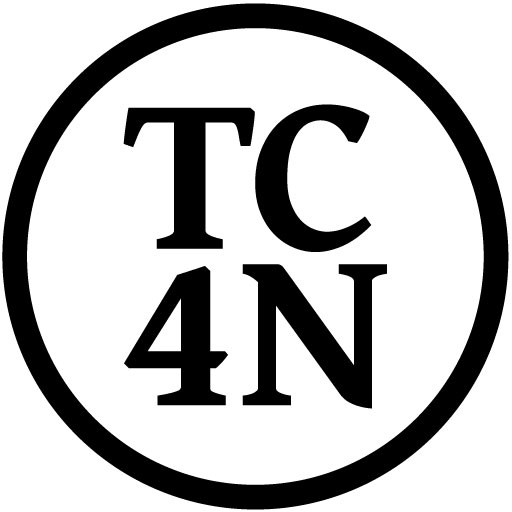OPINION: TOWN COUNCIL FOR NOOBS. STATE OF THE TOWN ADDRESS (12/12/19). THE BIG ISSUE WAS “THE STATE OF THE TOWN IS STRONG”

The audience for the first-annual “State of the Town” meeting, which is mandated by Amherst’s Home Rule Charter, was small. About thirty of us were present in addition to the much larger group of Town Staff who attended. The jazz combo from Amherst Regional High School, stole the night. Their leader, Arden Lloyd, is a double threat who plays both trumpet and sings. For someone so young, her voice had shades of Billie Holliday, and she was supported by a band that swung well beyond their years.
The message of the night, delivered by Town Manager Paul Bockelman was, “The state of the town is strong.” Amherst, he was pleased to report, is standing on firm fiscal ground, with big reserves, low debt and a high bond rating. Bockelman said he recently spoke with an official in Northampton, who said they often asked themselves, “WWAD?” or “What would Amherst do?”
Later in the night, Massachusetts Senator Jo Comerford said that Amherst is also a state leader. She recounted how the “Amherst Bill,” based on our Net Zero Energy bylaw, was currently being debated in a Senate committee and would likely become part of larger bill to promote green concepts throughout the state.
Town Council President Lynn Griesemer’s comments were slightly more pointed. She praised the former Charter Commission, but said regarding the charter, “We have discovered that some things don’t work so well.” After listing the Council’s many accomplishments, she concluded by saying that the Council would be filing for changes to the charter in the future, although what changes,and when, was unclear.
In my year-end column, I will discuss both the charter and the Council’s achievements this year, but one that I won’t address merits mentioning here. Griesemer praised the work of Amherst’s first Board of License Commissioners, which was appointed by the Council. Working with the Police Department, the board successfully challenged the egregious bylaw violations by the former restaurant Porta, sending a strong message to bar owners to minimize student rowdiness.
The biggest misstep of the night was giving Austin Sarat, Chair of the Jones Library Board of Trustees, an opportunity to speechify on all the reasons why the town needs to undertake a large renovation of the Jones. This was unfair to both the Fire Department and the Department of Public Works, neither of which got to argue for their needs, in light of the brewing fight over funding big capital projects. The fight is expected to begin in earnest next year.
Bockelman ended by describing two different sets of days that he saw as epitomizing the culture of Amherst. (Not having access to his speech, I will paraphrase him from my notes.) The first was during the summer, when the Farmer’s Market is held concurrently with both the Town Fair and Amherst College’s alumni day. Market customers shop for expensive local produce, while fair-going kids eat fried dough and ride the rides, and nearby, white-slacked gentlemen discuss the heady issues of the day. The other period Bockelman talked about was the 4th & 5th of July, when more fair-going and fireworks are followed by the yearly reading of Frederick Douglass’ speech “What to the Slave is the Fourth of July?” As Boeckeman recounted, these events capture the diversity and liveliness of Amherst’s culture.
Such moments do make Amherst great and are representative of what’s best about our town, but they should also give us pause. Bridging these communities has never been easy. Rather than be content with different groups co-existing side-by-side, it would have been nice to hear more about how our government is helping bring them closer together. The town’s finances may be strong, but debates about racial and cultural inequality in our school system and town still plague us, as do environmental concerns that will affect us all, although not necessarily equally. At least, as Griesemer and Boecklman both repeatedly mentioned, working to solve our environmental crisis has become a top priority for the town.

Like the State of the Union for our country, not very useful.
What if the citizens floated “5 wishes” (or topics/issues) to the front of the room for comment?
My bet is the event would be more broadly attended and the much talked about ‘communication’ issue would have a beginning ‘in road’. 2-way communication is so much more worthwhile for understanding and development.
Chad Fuller